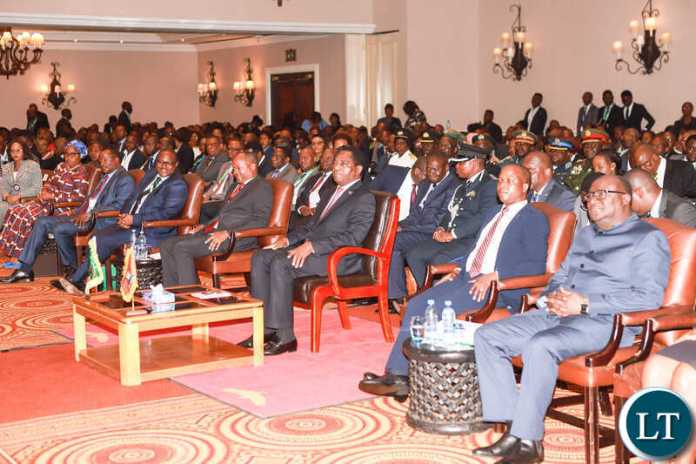Chingola Municipal Council (CMC) has procured eight utility vehicles at a cost of over K6 million from Toyota Zambia and also bought three Skip Bins valued at K195, 000.
Both vehicles and Skip bins were procured using Locally Generated Funds.
Speaking during the commissioning of eight utility vehicles and three Skip Bins, Chingola Mayor Johnson Kang’ombe said the procured vehicles will enhance the smooth delivery of services to the citizenry of Chingola and will make it easier for officers to conduct their work.
Mr Kang’ombe noted that the vehicles have been purchased through locally generated funds coming from Council’s collection of property rates, market fees, parking fees, licenses, plot fees and other council fees.
The Mayor commended Chingola residents for the unwavering support in fulfilling their obligations of paying various fees and charges to the Local Authority.
He disclosed that the municipality is targeting to procure a total number of 12 Skip Bins before the end of the year while the three bins that have been bought will be placed at Chiwempala Market.
Mr Kangombe promised the people of Chingola that the council will work towards maintaining a clean environment by placing facilities and equipment that will help in collecting garbage.
“The local authority will be on ground to ensure that the surroundings are kept clean at all times and has so far commenced the grass cutting exercise in most parts of the district”, Kang’ombe said.
He also said that Council is in the process of starting the procurement of a Garbage Compactor under locally sourced revenue to supplement the efforts of the franchise companies that have been contracted to collect waste.
And speaking earlier, Chingola Municipal Council (CMC) Town Clerk Namukolo Kalufyanya said management was happy to witness the commissioning of the eight procured vehicles which will aid in attaining the dream of turning Chingola into a City.




















